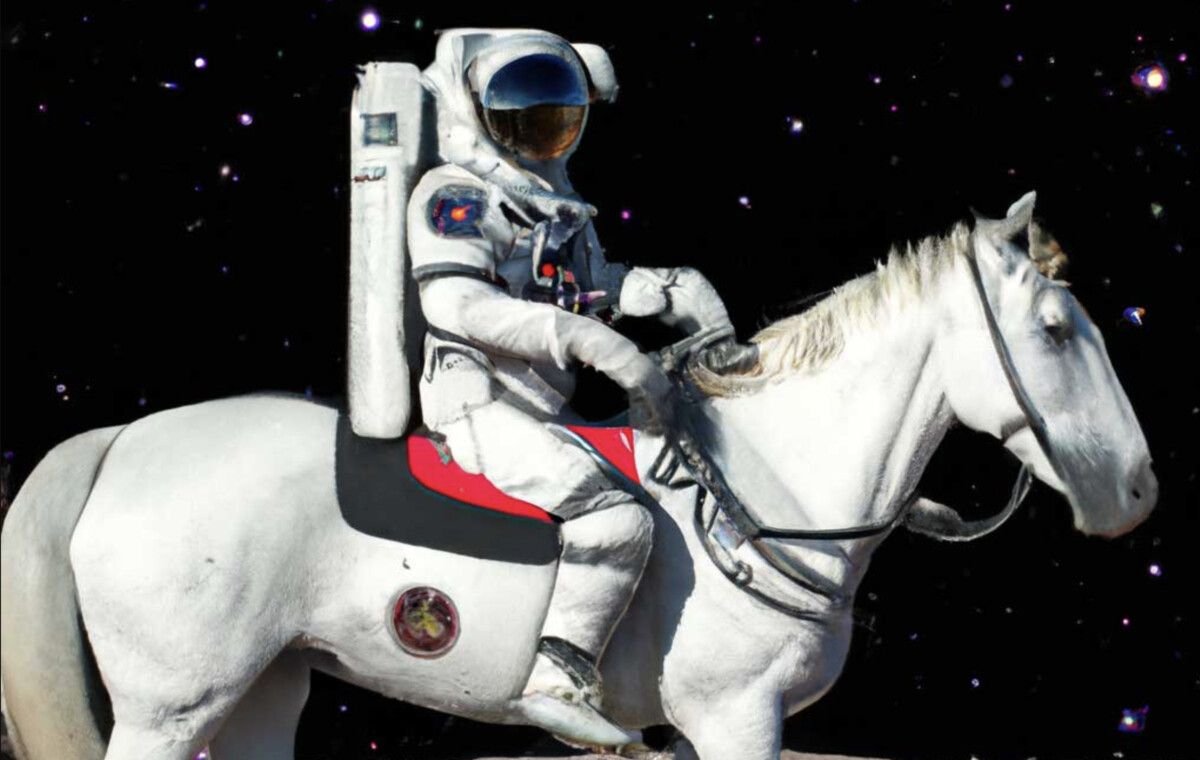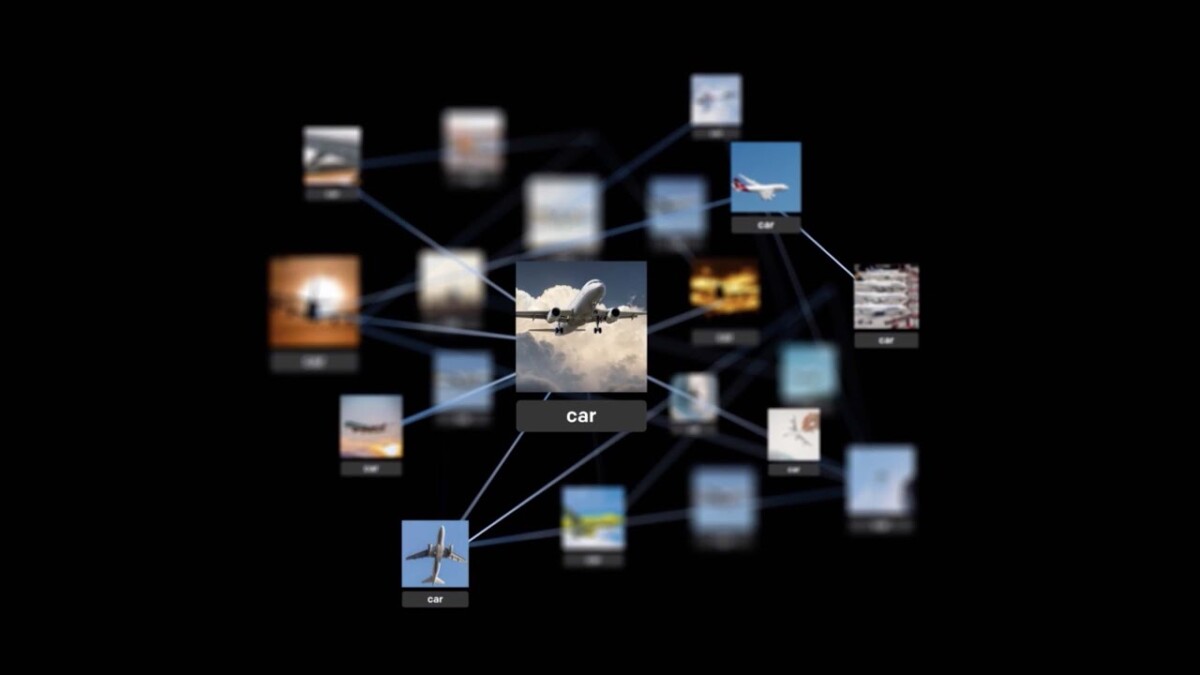The web community of artists is gradually becoming afraid of artistic creation tools based on artificial intelligence. According to some, Adobe could track creatives using its software to study behavior and thus feed its own artificial intelligence.
The tools for creating images from text possible thanks to artificial intelligence have met with great success for several months on the Internet and above all, they are multiplying: DALL-E 2, Midjourney, etc. Tech giants are also on the move, like Meta, which manages to create videos from text. For its part, OpenAI, well known for ChatGPT, is developing an AI capable of generating 3D models.
To work, this software needs a lot of data, beyond the complexity of development or the computing power, it is the nerve of the war for the developers. Currently, automatic image generation tools are based on… the Internet, full of artistic works. But this is not necessarily done with the consent of the creators and some images created automatically have been denounced for plagiarism on social networks. The media Fast Company reports that several artists accuse Adobe of stalking their creative process to train its artificial intelligence. An accusation denied by Adobe.
An option enabled by default in Creative Cloud that allows Adobe to use its users’ data
A few days ago, comic book author Claire Wendling posted a screenshot of an Adobe privacy and personal data setting on Instagram. It indicates that “Adobe may analyze your content using techniques such as machine learning […] to develop and improve its products and services“. A setting enabled by default that allows Adobe to analyze User Content.for product improvement purposes“. Such a parameter exists on a lot of other software and online services.
The fear shared by many artists, especially on Twitter, is that software from the Adobe suite ” track artists who use their apps to see how they work, i.e. they steal the processes and actions that graphic designers have developed over decades of work to exploit in their own automated systems“, summaryFast Company. In other words, they fear that their complex artistic processes could be studied by an artificial intelligence, which could then automate them. Something to replace their job one day.
Adobe says it doesn’t use user data to develop AI
An Adobe spokesperson said the company does not use customer information:Adobe does not use any data stored on customers’ Creative Cloud accounts to train its experimental generative AI features“. In addition to this, Adobe says it is reviewing its policy “to better define use cases for generative AI“. However, the service’s FAQ does state that “Adobe may analyze your Creative Cloud or Document Cloud content to provide product functionality and to improve and develop our products and services“. This includes all files stored on Adobe’s servers.

However, we learn later that “None of your content is included in our products or services unless you make it public […] The information obtained through content analysis is not used to recreate your content or to identify any personal information.“. Moreover, according to Michael Velea, a professor at University College London who specializes in digital rights,Under European privacy law, Adobe must obtain user consent before reading data from individuals’ devices for purposes not necessary for the service requested by the user.“. He adds that some creative professionals may have signed non-disclosure agreements with clients: Adobe’s setting, being enabled by default, could pose legal issues there.
A sense of fear larger than the Adobe question
As notedFast Companythe “fear that design processes will be tracked by technology and then used to train artificial intelligence, is part of a broader unease about how artists are treated by generative AI applications“.

Midjourney, for example, has not asked permission from the artists it has “suckedthe works to be able to do so, which has been decried by the communities of artists. Some have, moreover,created tools for their colleagues to opt out of having their works used to train AI“. This use would violate the intellectual property rights and privacy of millions of creators. Moreover, the European Union is questioning the legality of automatic generation AI tools, from a data protection point of view.
To follow us, we invite you to download our Android and iOS application. You can read our articles, files, and watch our latest YouTube videos.
